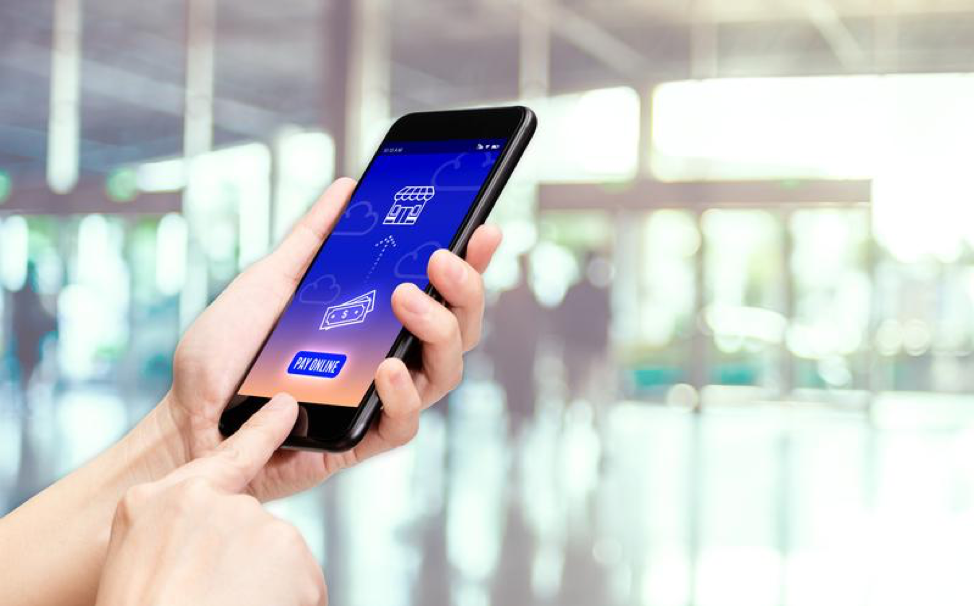
The gig economy and entrepreneurial spirit are in full swing. It’s easier than ever to start a business, collect payment safely, and handle many parts of a business from a mobile device or computer.
Mobile payment systems make it easier to swipe or tap a card and move on with your day, but how safe are they? Is it safe for the customers? Is it even safe for the person using the pay system?
Here are a few mobile pay system details to keep in mind as you consider different ways to take and give payments.
Isn’t it Too Easy to Tap and Pay?
Ease of access will always be at the top of the list of desires from new products and services. Unless you’re advertising a game or a puzzle, you want your idea to be easy to use and as hassle-free as possible.
Is there such a thing as too easy to pay? Absolutely.
Cash payments involve handing over paper tender or coin that can be lost and stolen without a centralized backup. Also, cash payments add bulk as opposed to having access to hundreds, thousands, millions, or more from a bank or credit-linked card.
There are just as many risks to credit cards. People get their card information skimmed everyday. Lifelock says that you are most likely to run into a car skimmer at gas pumps, ATMs, or metro station ticket kiosks. If your card leaves your sight at a restaurant or department store, an employee could use a skimmer to get your card info, too.
What if someone has a credit card skimmer that can record the magnetic stripe information and pin (Personal Identification Number)? What if someone stole the card and there is no pin? What if they decided to swipe away on purchases in stores that don’t have cameras?
The answer to all of these concerns is two-form or multi-form authentication. Along with swiping the card, make sure that payments require a pin. If not a pin, unfamiliar customers should be verified with photo identification.
Customers have some recourse if they file a fraud report or request a chargeback for the purchases. Store owners and service providers, unfortunately, have lost product and time on a lengthy series of chasing down crooks or talking to business insurance agents.
Keep things simple and secure with a few standard business practices. Require a pin, ask for picture ID, and consult a payment systems consultant if you have any other financial data concerns.
Is the Software Secure?
What if the software is simply not secure?
Anyone can write a program; these new companies and brands pop up every day. What you need is a way to ensure that your system is backed by a reputable company with headquarters that you–and law enforcement–can contact anytime.
How can you verify a pay system’s security? Short of being a programmer with security skills, most people need to research the company’s performance and find other satisfied customers.
Look for news about security breaches. Find out if specific financial data leaks have happened with that company and similar companies. In the case of leaks, was the hacking or leak method discovered? Has your desired software’s company fixed—or claimed to have fixed—that problem?
Once again, this is a good time for a payment systems consultant. A consultant with experience in software and payment systems security will know the major players on the market and can even help you evaluate new entries into the market. Merchant One recommends that you make sure this person uses very strict security measures to ensure financial information can’t be compromised. If the hardware and software doesn’t stay up to date with security processes and certificates, it’s at risk of being compromised.
Understanding Fake-Out and Hacking Attempts
The new world of proximity or touch cards includes many risks. In theory, someone could put up a fake scanner and steal your information. This may seem like a good argument against proximity cards, but it’s no different than handing your money to a cashier who steals later or using a fake card scanner.
Instead, think about how payments can be stolen without a customer trying to pay. When will personalized proximity cards be strong enough to scan cards just by being within a few feet? Can the cards be shielded? What if someone is intercepting the mobile payment system with a virus?
PAT Research explains that mobile payments offer an easier and more secure way to pay for items online, but with that comes certain risks. Every business that uses a mobile payment system needs to know what an authentic pay device looks like. Know the logo, the shape, and the materials used. You should be aware of what a tampered device looks like.
If you’re on a used payment system, either stop using it and buy a new one or take it in for analysis. Financial data could be leaking from a previous owner or a hacker who handled the device before you.
Speak with a payment systems consultant to get more information on mobile payment security. With their help, you can both secure and streamline your payment process.
Does your business need technical support, managed IT services, or repairs for faulty electronics? Meade’s PC Repair Shop offers all kinds of useful services that can assist your business!



Recent Comments